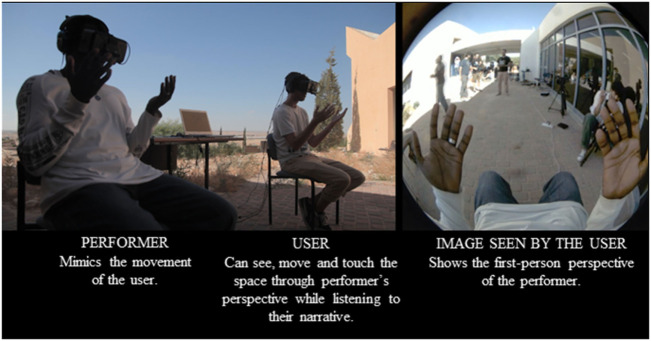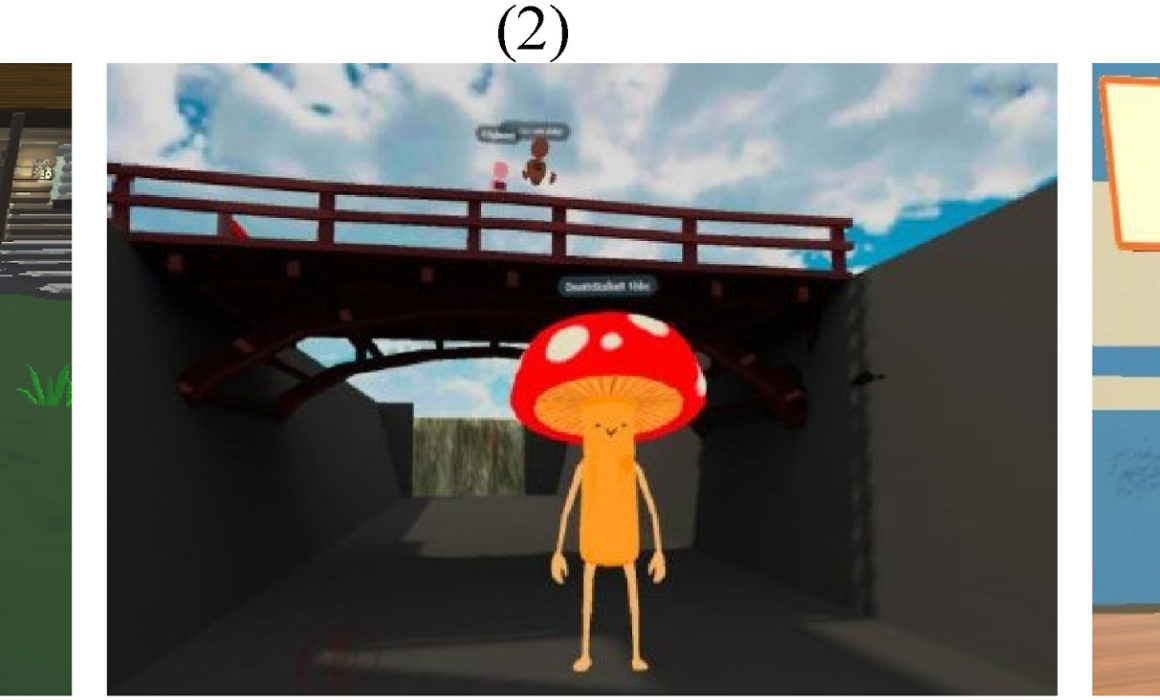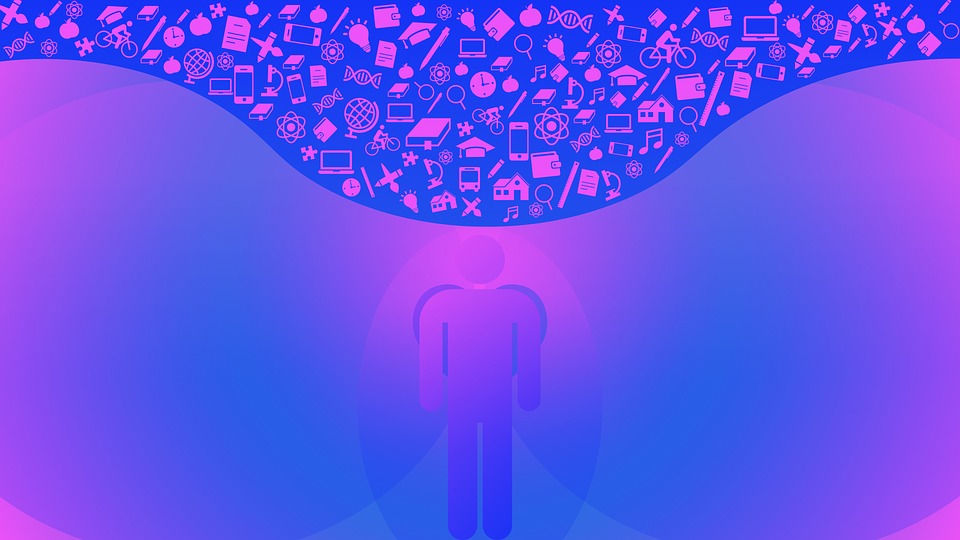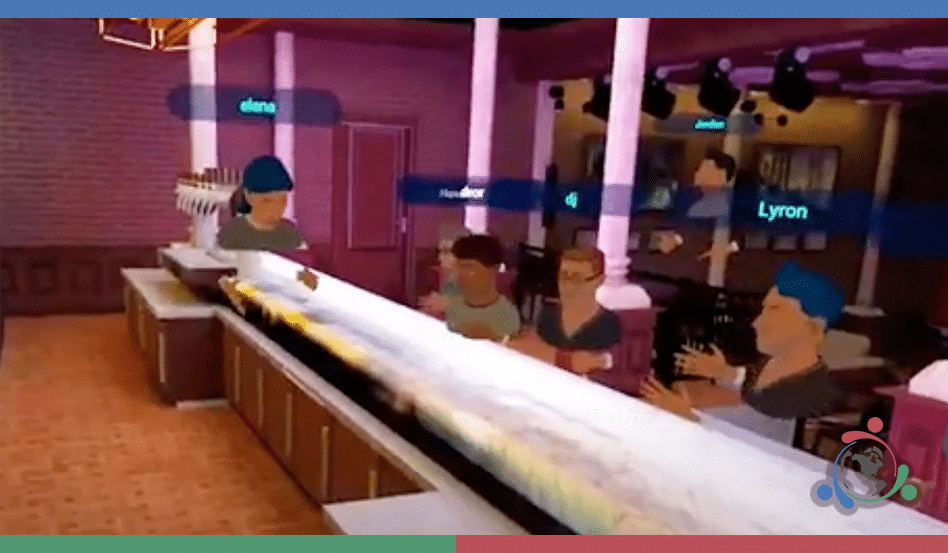Tele-health options are on the rise in recent years, and have especially flourished during the COVID-19 pandemic. Mental health therapy has evolved from largely in person-only to including other methods like web-based applications (e.g. Zoom) and Virtual Reality (VR) that make health care accessible in the comfort of one’s home without the constraints of transportation and other logistical barriers. Researchers are beginning to study the dynamics of virtual communication and how this medium compares with face-to-face conversation. Findings can be especially relevant for mental health therapists who seek to provide the ideal environment for patient comfort to disclose thoughts and feelings, thereby facilitating more effective therapy.
At Edith Cowan University in Australia, researchers studied social interaction in two contexts – one in which participant and researcher engaged in casual conversation, and the other in which the participant was instructed to disclose both positive and negative personal experiences to their research conversational partner. These contexts were studied within a face-to-face condition as well as a virtual condition, wherein the researcher was represented via avatar in real time through face and body motion capture.
While participants had an overall slight preference for face-to-face interaction, one of the findings is of particular relevance to mental health practitioners. In the disclosure of negative information context a significant portion of the participants (30%) preferred the interaction with the avatar over the in-person conversation, specifically on the facets of self-disclosure, comfort, and being able to relax and be oneself. The researchers suggest, “the increased sense of interpersonal distance in VR may be why some of our participants indicated such preferences for VR over face-to-face for negative disclosure”. Furthermore, they surmise that a study conducted specifically with a socially anxious participant population could yield an even greater preference for virtual reality when disclosing negative experiences.
It also makes sense to consider that participant comfort level with the avatar could be higher in conditions that more closely align with communication norms. In the present experiment, the virtual partner, represented through an avatar, was standing while the participant was sitting. This dynamic of the participant sitting while the avatar stood had the potential to lessen participants’ level of comfort and ability to relax, as it may have felt more unnatural. Ideal study conditions would have mimicked the typical conversational interaction of two people sitting and speaking (as was the case in the face-to-face interaction), but researchers had the avatar standing behind a desk in the VR condition to avoid a potentially distracting technological effect of the avatar “clipping” with the table. Clipping is a technical glitch that can be easily avoided with a careful design of the VR environment.
Also, in this study, only the research conversational partner was represented via avatar while participants were not. Participants were aware that they were not anonymous as their conversation partner could see them sitting with a VR headset on. Further studies that allow participant anonymity that shields identity through an avatar could be useful to mental health practitioners. For many suffering with anxiety and depression, their physical appearance (for example, due to hair loss associated with chemotherapy or body image issues) can be a deterrence to participating in group therapy. It may be possible that the avatar anonymity in VR could increase their willingness even more to disclose information and participate in group discussion.
Foretell Reality is a VR platform that provides safe, secure environments, customizable avatars, and moderation tools for clinicians to facilitate individual and group therapy sessions, support groups, and other behavioral health treatments.


















Recent Comments